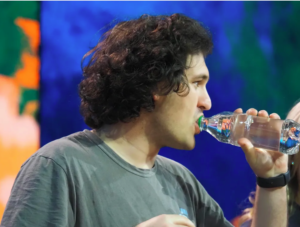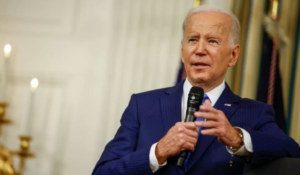Alcohol industry ‘puts pregnant women at risk

Alcohol
Alcohol firms and bodies they fund are encouraging women to drink in pregnancy – putting their unborn child in danger – by publishing false and misleading information about the risks involved, new research claims.
The alcohol industry is ignoring scientific evidence as part of a drive to “nudge” mothers-to-be into drinking as part of a deliberate strategy to ensure women keep consuming their products because young people are turning away from them, researchers say.
Industry bodies globally are casting doubt on government health advice to abstain from alcohol altogether during pregnancy, and misrepresenting evidence showing that drinking then can lead to the baby suffering brain damage or congenital abnormalities or being born prematurely.
Alcohol producers and social responsibility organisations they fund such as Drinkaware in the UK are publishing information on websites and apps that says “light drinking” in pregnancy is safe, or denying that consumption is linked to a baby having foetal alcohol spectrum disorder.
Some of the sources of information that the British researchers studied to promote the idea that certain women may be able to keep drinking some alcohol while expecting. For example, while the rum producer Bacardi acknowledges that drinking in pregnancy is “risky”, it also claims that “what is ‘too much’ may vary by individual”, even though this contradicts existing evidence.
Others were “ambiguous” about the risks involved, which also include the child being small for its gestational age. For instance, Educ’alcool, an industry-backed body in Canada, maintains that “[the] risk to the foetus is reduced considerably if you have only one drink every now and then”.
The government and four UK home nations’ chief medical officers’ joint view is that women should avoid alcohol completely while they are pregnant.
The findings are published in the Journal of Studies on Alcohol and Drugs. The academics analysed information about alcohol and pregnancy issued by 23 firms such as Heineken and Diageo and industry-funded bodiesin six countries: Britain, Ireland, the US, Australia, New Zealand and Canada. They then compared that to material published by public health bodies and authorities.
READ ALSO – Business Mogul – Mahmood Ahmadu honoured with a BEFFTA Lifetime Achievement Award
Source – https://www.theguardian.com





